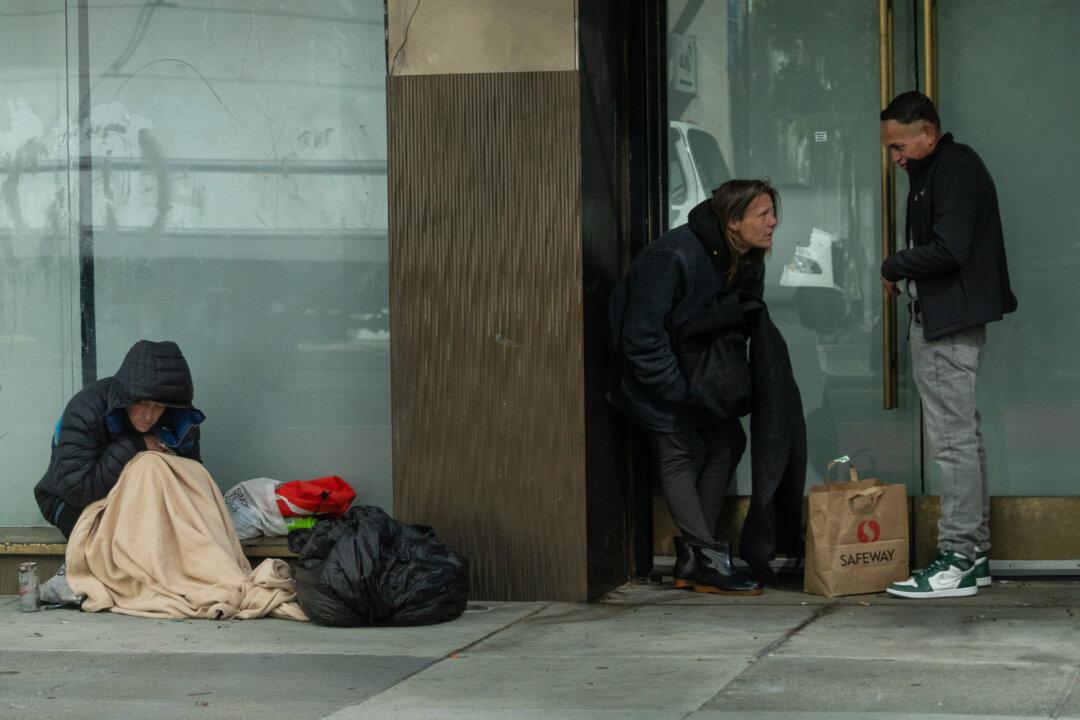San Francisco officials have created a cycle of dependency regarding drug use, contributing to the city’s homelessness crisis, as nonprofits under lucrative contracts have little incentive to solve both problems and are not being held accountable, according to a local homeless advocate and a former San Francisco County supervisor.
JConr Ortega, 28, who was homeless for 20 years, made the claim during a recent episode of EpochTV’s “California Insider.” Tony Hall, who served as a San Francisco Supervisor from 2000 to 2004, also was interviewed for the one-hour episode and agreed with Mr. Ortega’s assessment.





